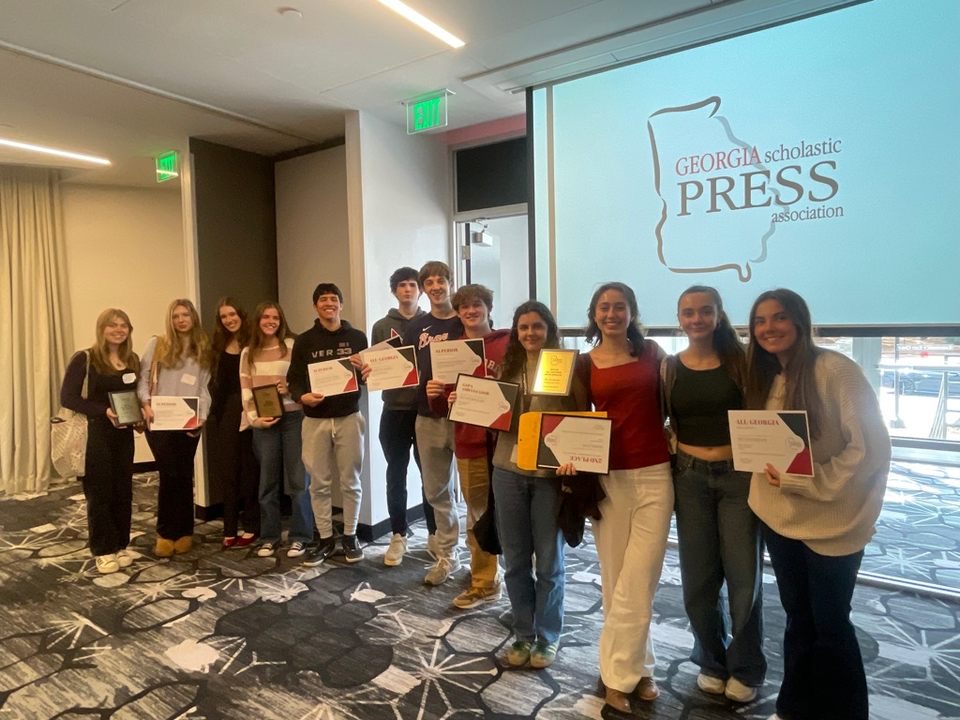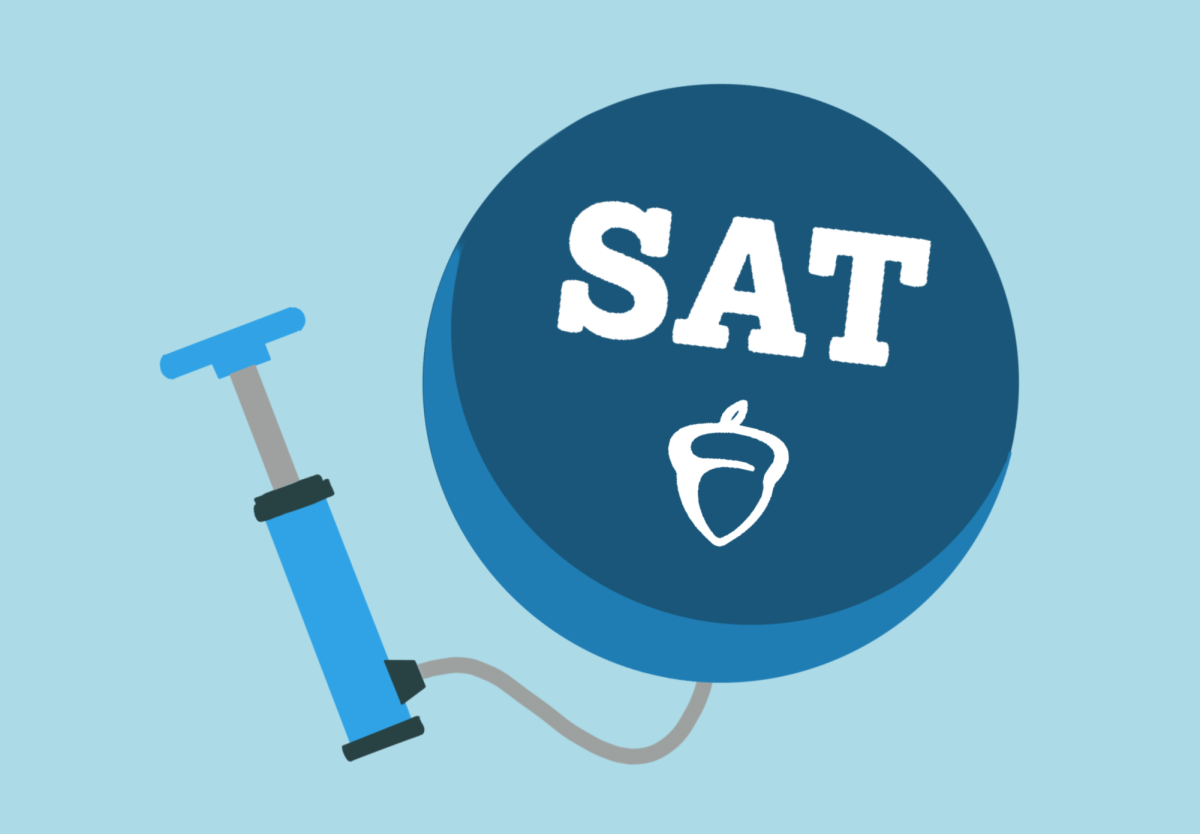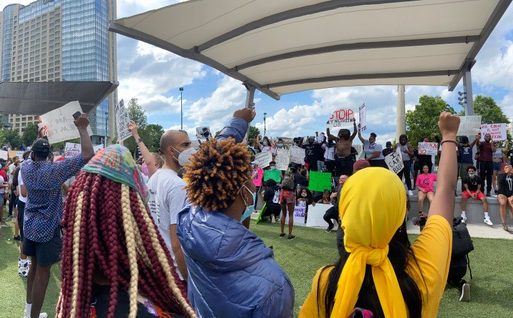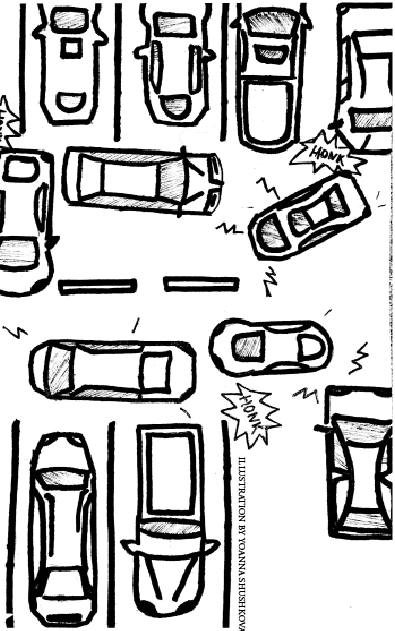BY CHEYN SHAH
The Reason Public Policy Institute wrote that in 1940, public high school teachers ranked “cutting in line” as the fifth worst problem among their students. In 1990, this same position was occupied by the somewhat more troublesome issue of “rape.”
I feel as though most can understand my wholehearted desire for my classmates to avoid raping one another. Furthermore, most will likely agree that violence is not a completely insignificant problem in our nation’s schools. Those who would not agree, like people who tell you the endings of movies you haven’t seen, telemarketers or people who have made the regrettable error of being Rick Santorum, form a small and disappointing minority. I digress.
Few, however, would say solving that problem is easy. How do we weigh the rights and needs of offenders, who are quite literally still children, against the destruction they can and do unleash? How do we sort out the thorny moral issue of whether imprisoning teenagers—known for their immaturity— is right?
It seems the United States’ answer to those questions has been disregarding them entirely and imprisoning anyone who might pose a threat. An 11-year-old in Florida was arrested for packing plastic butter knives in her lunch. A 13-year-old in Arizona was strip searched by male counselors before contacting her parents because she had allegedly brought ibuprofen to school. Public high schools increasingly resemble prisons due to their random searches, armed security personnel and drug-sniffing dogs.
There’s actually no evidence that zero-tolerance policies reduce violence or drug abuse. All these security processes are executed despite the fact that the American Psychological Association concluded that, based on all this, zero-tolerance policies make schools less safe.
The sad thing is, I don’t think any studies needed to be commissioned for us to figure this out. We already know violence in schools isn’t randomly allocated. It plagues poor, urban and minority students far more than it does others. The students involved are often the victims of child abuse and neglect, and a disproportionate number are addicted to drugs. The young girls and boys who cause violence in our schools have faced a lifetime of scorn.
Despite the fact that 20 percent of young children suffer from some kind of mental disorder, fewer than half of U.S. states require schools to hire mental health professionals. Even if we ignore the quality of academic education, it’s clear public education is failing its mandate to keep its students mentally and emotionally healthy.
The dehumanizing nature of our disciplinary policies, mainly in urban school districts that are barely given enough taxpayer dollars to stay open, may be well-intentioned, but those policies are ineffective. They give already unhappy students one more thing of which to be resentful.
We cannot end school violence or school shootings by directly trying to make our students safer. It may seem contradictory, even callous, to sound so nonchalant when the safety of students is so clearly at risk, but it does not make it less true. If we want school violence to end, we need to make schools places to escape to, not places to escape from.















